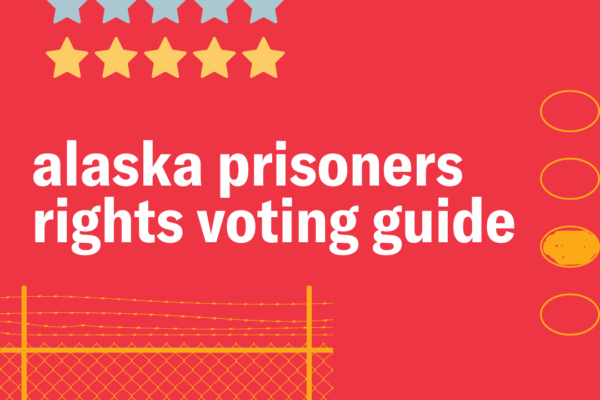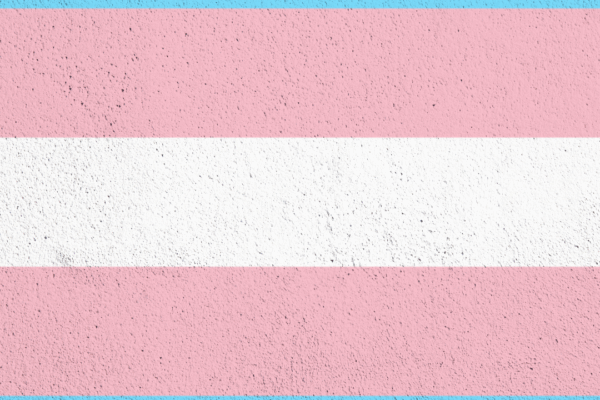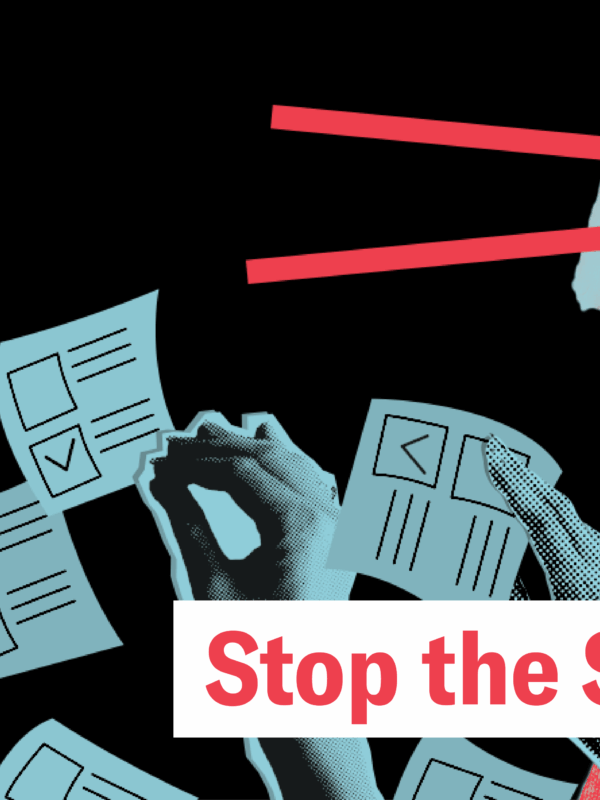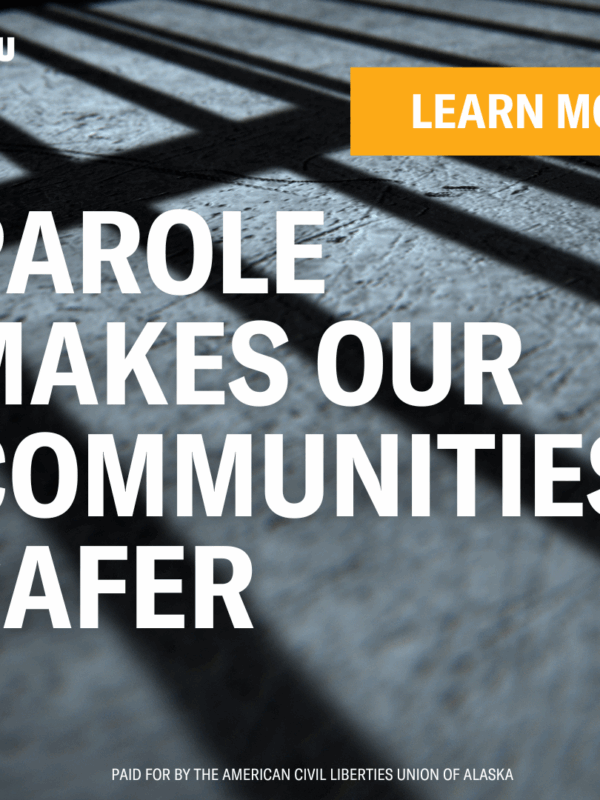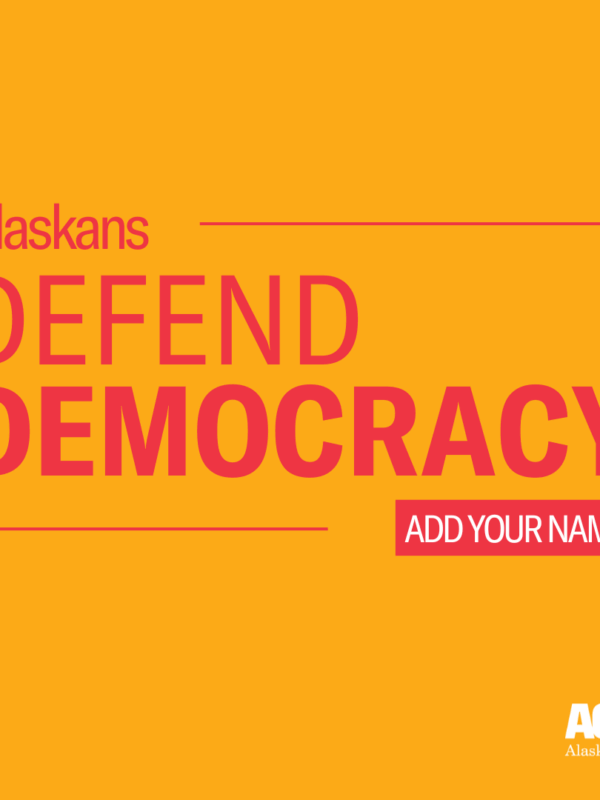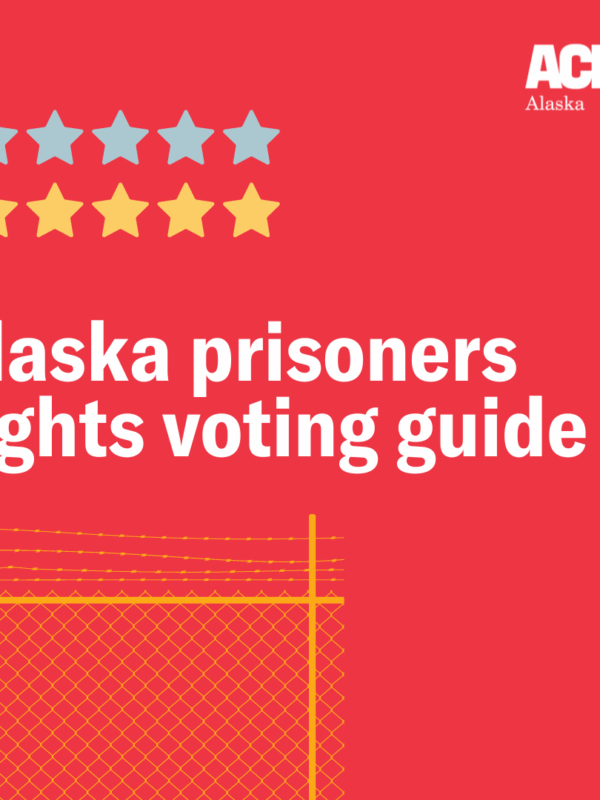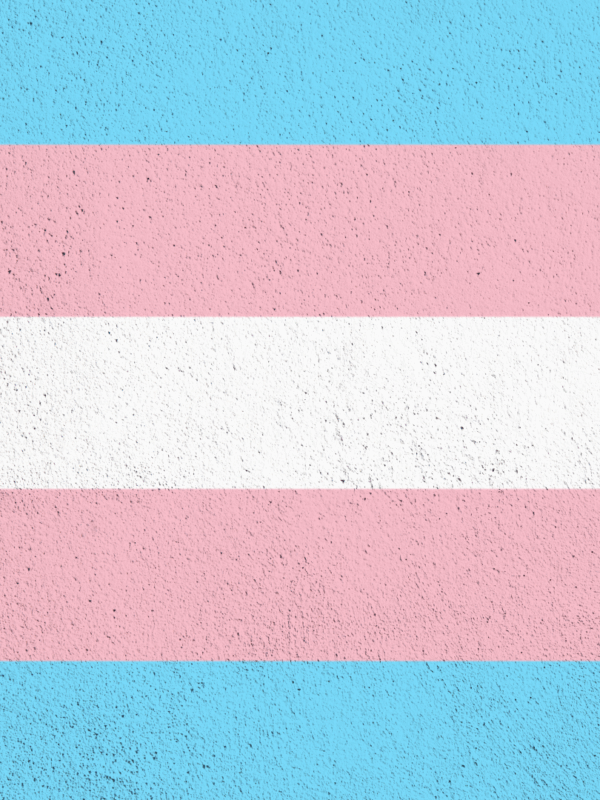Take Action
All Actions
18 Actions

Alaskans must get an immigration bond hearing in Alaska
Alaskans deserve to be in Alaska while their immigration proceedings continue.

Report Immigration Enforcement Activities in Alaska
The ACLU of Alaska is monitoring increased immigration enforcement across the state.
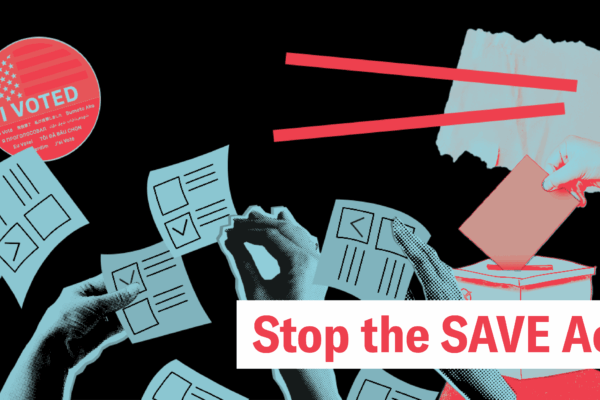
Stop the SAVE Act
The SAVE Act would block thousands of eligible voters in Alaska from participating in our democracy.

Support parole reform
Send a message of support to your legislators for reform to the Alaska Board of Parole.
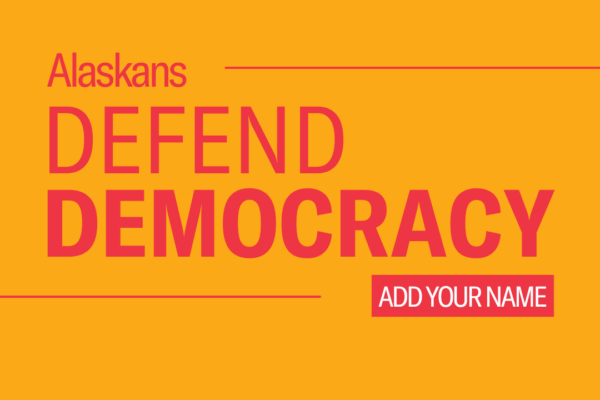
Defend democracy with the ACLU of Alaska
Sign up to receive action emails from the ACLU of Alaska to defend our civil rights and liberties.
Stay Informed
Sign up to be the first to hear about how to take action.
By completing this form, I agree to receive occasional emails per the terms of the ACLU’s privacy statement.
By completing this form, I agree to receive occasional emails per the terms of the ACLU’s privacy statement.


